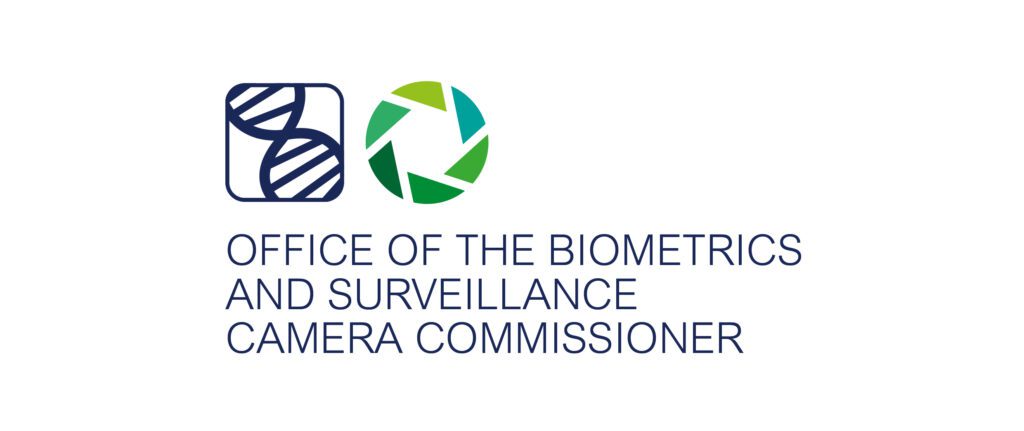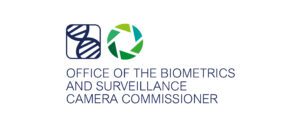Concerns have been expressed about the proposals in the Data Protection and Digital Information Bill, which abolishes the post of Biometrics & Surveillance Camera Commissioner (BSCC) and removes the need for the government to publish a Surveillance Camera Code of Practice (SCC Code).
The British Security Industry Association (BSIA) has called for clarity from the government about whether there are any plans to continue any of the work that is carried out by the BSCC that involves partnership with the security industry to encourage high standards across the surveillance camera sector.
The current holder of the BSCC post, Professor Fraser Sampson wrote to the Home Secretary, Suella Braverman, tendering his resignation in August, and she replied last month thanking him for his work. He will step down at the end of this month but this leaves a gap before the Bill is likely to become law. Originally, he had planned to stay on until the Bill had passed through Parliament and attained Royal Assent but it is now not expected to become law until spring 2024.
Disappointment over the abolition of the Biometrics & Surveillance Camera Commissioner Role
Dave Wilkinson, Director of Technical Services, BSIA, said: “We are both disappointed and concerned about the proposed abolition of the B&SCC. Given the prolific emergence of biometric technologies associated with video surveillance, now is a crucial time for government, industry, and the independent commissioner(s) to work close together to ensure video surveillance is used appropriately, proportionately, and most important, ethically.
“We are therefore, on behalf of our industry asking for clarity on how the government intends to fill the void. The B&SCC was a sterling example of a government and private sector partnership with tangible outcomes of benefit to all; failure to continue in a similar vein would be detrimental to any progress in future implementation of codes of conduct.”
Prior to Professor Sampson’s resignation, the CCTV User Group told its annual conference in April that it had written a letter of concern to the Home Secretary Suella Braverman, about the changes proposed in the Data Protection and Digital Information Bill, according to Professional Security Magazine. A comment piece, by the magazine’s editor Mark Rowe suggested that a lot of time and hard work given voluntarily by members of the security industry would have been wasted if the current plans go ahead.
He wrote: “They have got no thanks from anyone in authority. The documents they worked on if unrefreshed will inevitably soon fall out of date and even become dangerous to use. It makes a sad and peculiar contrast with all the (paid) work Home Office and police are putting into the Protect Duty. Presumably all the ‘publicly accessible locations’ that will fall under the Duty could be more secure thanks to public space CCTV? But to what standards any more?”
Work of the BSCC ending
Already part of the work carried out by the BSCC has stopped with no new certification under its third-party accreditation scheme being issued after 31 July 2023. This scheme, allowed third parties to certify organisations against the SCC Code. In his letter to the accreditation bodies, the SSAIB, the NSI and IQ Verify, Professor Fraser Sampson said clients that were due reaccreditation between 1 August and the commencement of the Bill, should be offered an extension until that commencement date.
As explained in a previous blog, the Data Protection and Digital Information Bill transfers functions of the Biometrics Commissioner to the Investigatory Powers Commissioner. Meanwhile the government stated that under the Data Protection Act (DPA) 2018, the Information Commissioner provided independent oversight of all controllers’ use of all personal data, which included the use of biometrics and surveillance cameras and had extensive regulatory powers. Therefore, the government suggests that while the Surveillance Camera Commissioner position and the Surveillance Camera Code of Practice would be abolished, the overview of CCTV use would continue through data protection regulation.
The Bill is currently progressing through Parliament and will be undergoing further scrutiny in the next few months. If you want to keep informed about the progress of the Bill and security industry concerns please subscribe to our newsletter by clicking on our blogs page.



